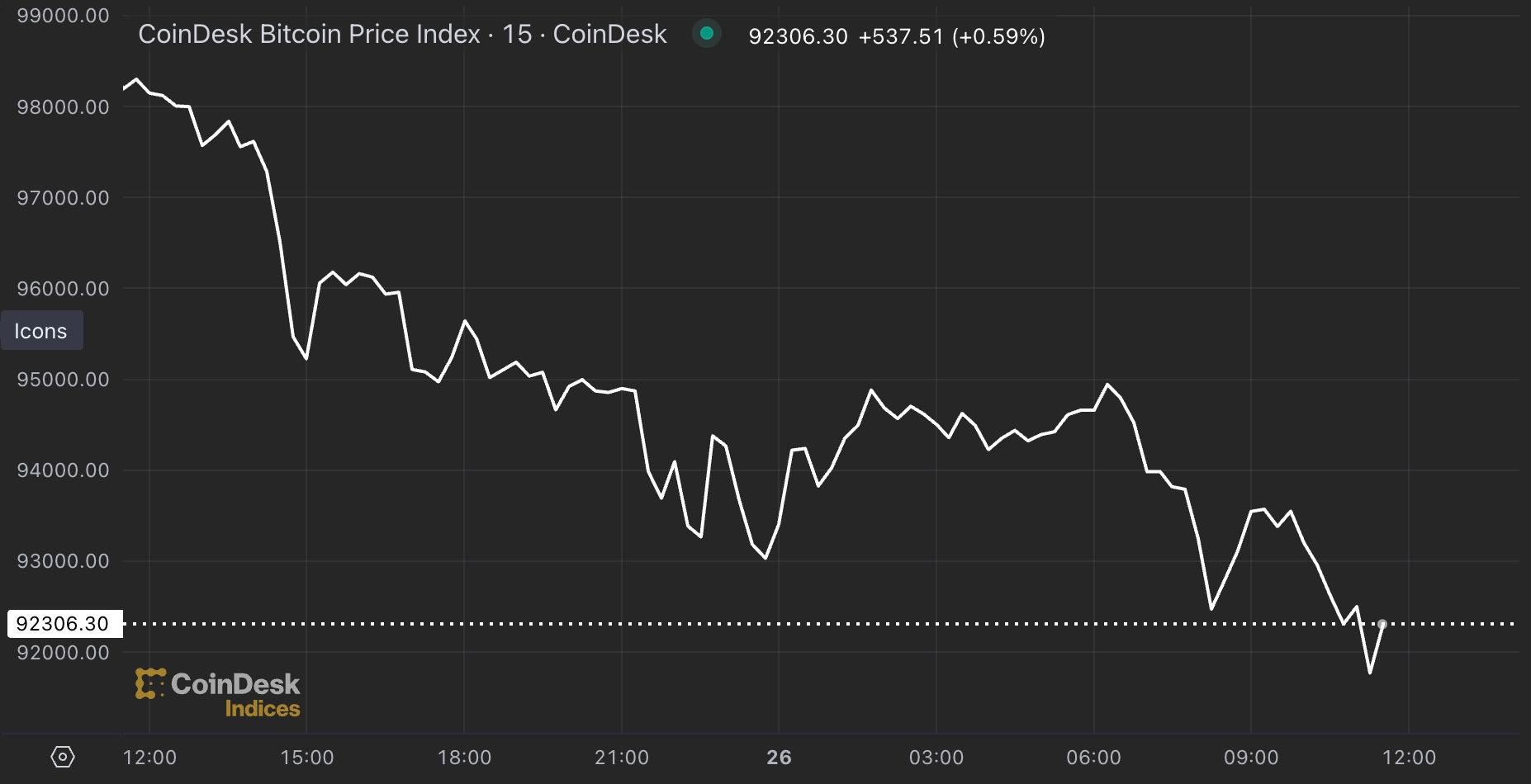ARTICLE AD
The House Financial Services Committee (HSFC) recently cast votes on a resolution aimed at nullifying a guideline from the United States Securities and Exchange Commission (SEC), which has been a barrier for banks wishing to engage in cryptocurrency custody services.
During a markup hearing held on Feb. 29, the resolution saw support from both sides of the political spectrum, with 31 members voting in favor and 20 against.
The resolution addresses the SEC’s Staff Accounting Bulletin No. 121 (SAB 121), which was introduced in March 2022. This guideline mandates that institutions holding cryptocurrency assets must list these holdings as liabilities on their balance sheets.
According to the HSFC, repealing SAB 121 would eliminate obstacles preventing regulated banks from serving as custodians for digital assets, thereby enhancing consumer protection.
Republican Congressman Mike Flood, who introduced the resolution alongside Democrat Representative Wiley Nickel on Feb. 1, criticized SAB 121 for unfairly treating banks interested in crypto custody. Flood highlighted the significant impact of requiring banks to include these assets on their balance sheets, affecting their regulatory obligations regarding capital and liquidity requirements
The resolution contends that SAB 121 extends beyond the typical scope of an accounting bulletin, effectively acting as a law. It must now be approved by a full floor vote in both the House and the Senate before SAB 121 can be overturned.
Tom Emmer, a crypto-friendly Republican Congressman, described SAB 121 as an illegal manifestation of SEC Chair Gary Gensler’s bias against the digital asset ecosystem. Emmer pointed out the introduction of unnecessary risks, such as the absence of banks providing custodial services for approved Bitcoin ETFs, which he deemed risky.
Conversely, Democrat Congresswoman Maxine Waters, who opposed the resolution, labeled the effort to revoke SAB 121 as ironic, given the frequent calls from Republicans and the crypto industry for clearer guidelines from the SEC. Waters emphasized that the resolution would paradoxically prevent the SEC staff from offering needed clarity on cryptocurrency regulations.
Staff Accounting Bulletins, like SAB 121, are not enforceable laws but serve as non-binding guidelines to aid companies in accounting for customer crypto holdings. These guidelines do not undergo public notice or comment periods, which is typical for more formal rules.
In related news, SEC Commissioner Hester Pierce, also known as ‘Crypto Mom,’ advocated for increased decentralization in the U.S. financial system and a more lenient approach towards crypto regulation and enforcement.
Speaking at the ETHDenver conference on Feb. 29, Pierce argued that decentralization could enhance the resilience and strength of the financial system by reducing concentration risks.

 8 months ago
48
8 months ago
48 

